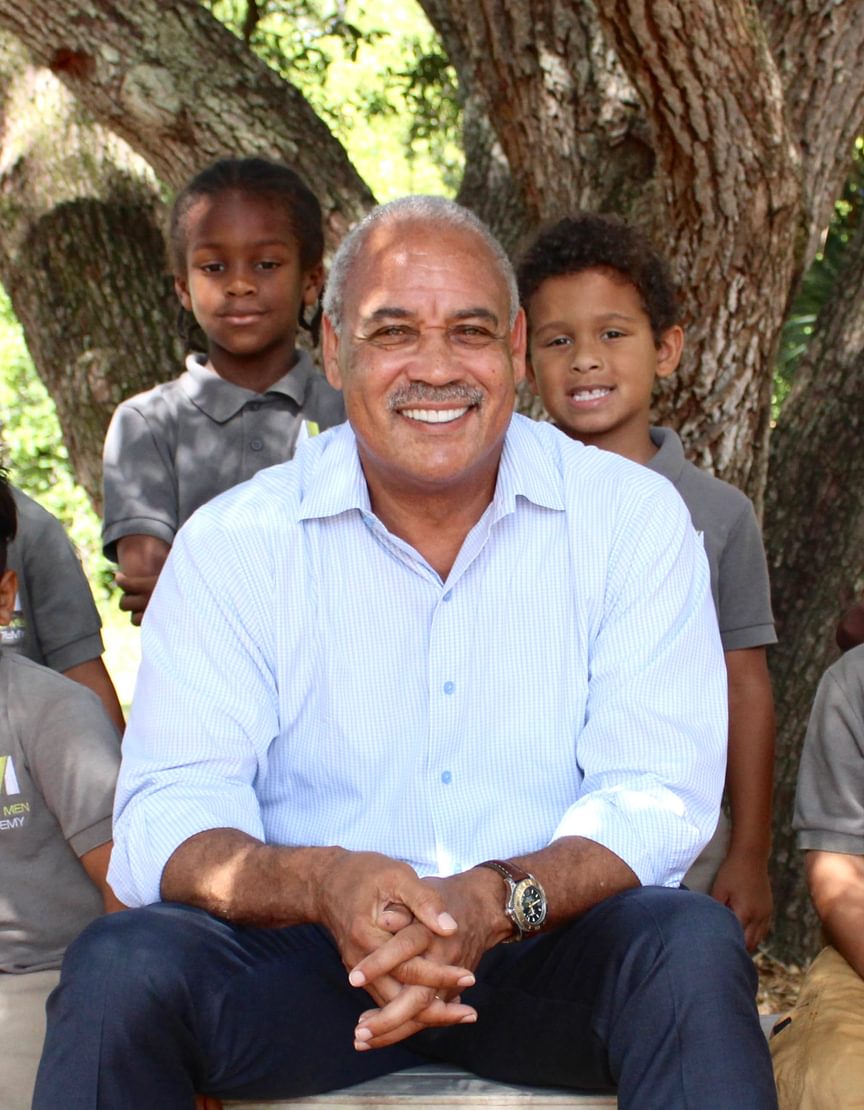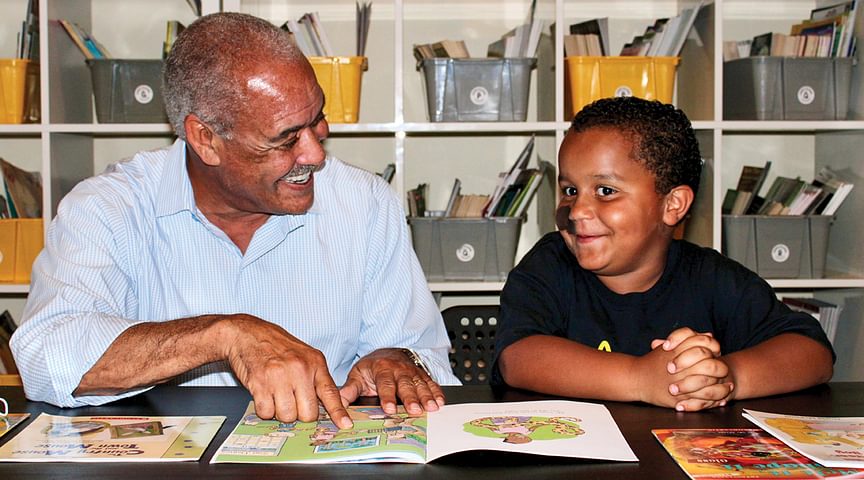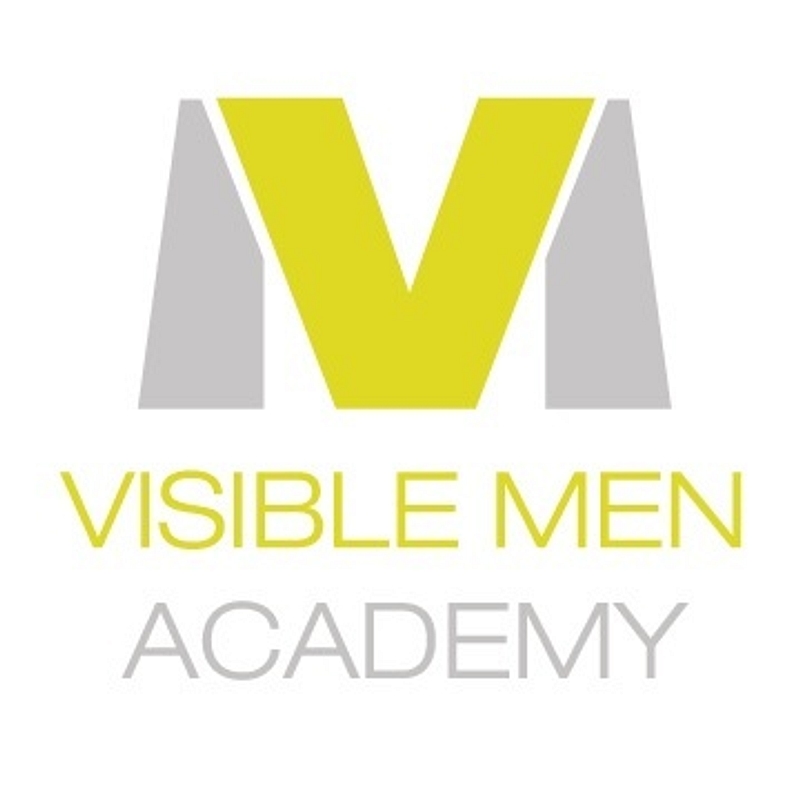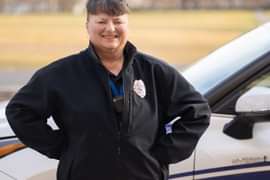
November 29, 2021
Paving the way
Louis Parker ’73 helps the next generation navigate their way to successby David Perry
His hometown, Homewood, was an area of Pittsburgh known for gun violence and hardscrabble poverty; it was all brick, tar, and concrete. In the fall of 1969, he arrived at Phillips Academy—a visual feast of trees, manicured lawns, and historic halls.
But it wasn’t just the landscape. Parker, who came to PA through A Better Chance (ABC)—a nonprofit that pairs students of color with quality educational opportunities—was a young African American in a sea of white faces.
“By the time I arrived, ABC had really begun to change the population. There were 40 or 50 other students of color,” recalls Parker, adding that he arrived just a few years after his older brother, John, who was one of ABC’s first students in 1965. “The school I went to in Homewood had 2,000 students, and two of them were white.”
After graduating in 1973, Parker earned a BA in political science from the University of Pennsylvania in 1977 and an MBA from Harvard Business School in 1990. He then blazed a trail across the boardrooms of America, corporations that need only initials: notably, IBM, ADP, and GE. At General Electric, he rose quickly to become one of the corporation’s top 40 executives. He now sits on the board of A Better Chance.
In 2011, Parker decided to concentrate on giving back to Black and Latino youth and, in 2013, he opened the public charter school Visible Men Academy (VMA) in Bradenton, Florida, to battle what he calls “the humanitarian crisis of education for boys of color.”
Recently, Parker left the corporate world to become VMA’s CEO. He made some changes, brought in fresh personnel, and bore down full-time on fleshing out his vision of a school that would eventually make today’s good students tomorrow’s good men.
The school, which is tuition-free, currently has 100 students, kindergarten through grade five.

Education, he adds, is the key to making better partners, citizens, and employees. “I was just like these boys,” he explains, “but there wasn’t an opportunity at the time for people like me in K–5—years that are very formative.”
Parker wishes his Alabama-born father had such an opportunity. Born on a farm, he came back from World War II and worked for the Pennsylvania Railroad, though he never learned to read or write. When he took a test to earn a higher license with the company, he had to ask to bring his wife in with him so she could read the questions.
“I thought I had a great childhood,” says Parker, who has a 15-year-old son. “I was a good student. I knew we weren’t rich, but I didn’t know I was living in poverty until I went to Andover. When I was doing well in corporate America, people would say, ‘you are living the dream!’ But I didn’t have that dream. As a kid, I didn’t know it even existed.”

In addition to academics, the students at VMA—thanks to Parker’s experience and leadership—are receiving an early childhood education that is strongly rooted in emotional health—focusing on character, relationships, and belonging.
Andover, he says, “taught me how to learn. I had done well in school before, but Andover was different. I had to learn how to learn and mature. At 14, being so far from home after growing up in an all-Black community was a big difference. When I got to Andover, I was so homesick. But after a semester I didn’t want to go home.
“Andover taught me who I am. It gave me the ability to navigate through society and to stand toe to toe with anyone.”





